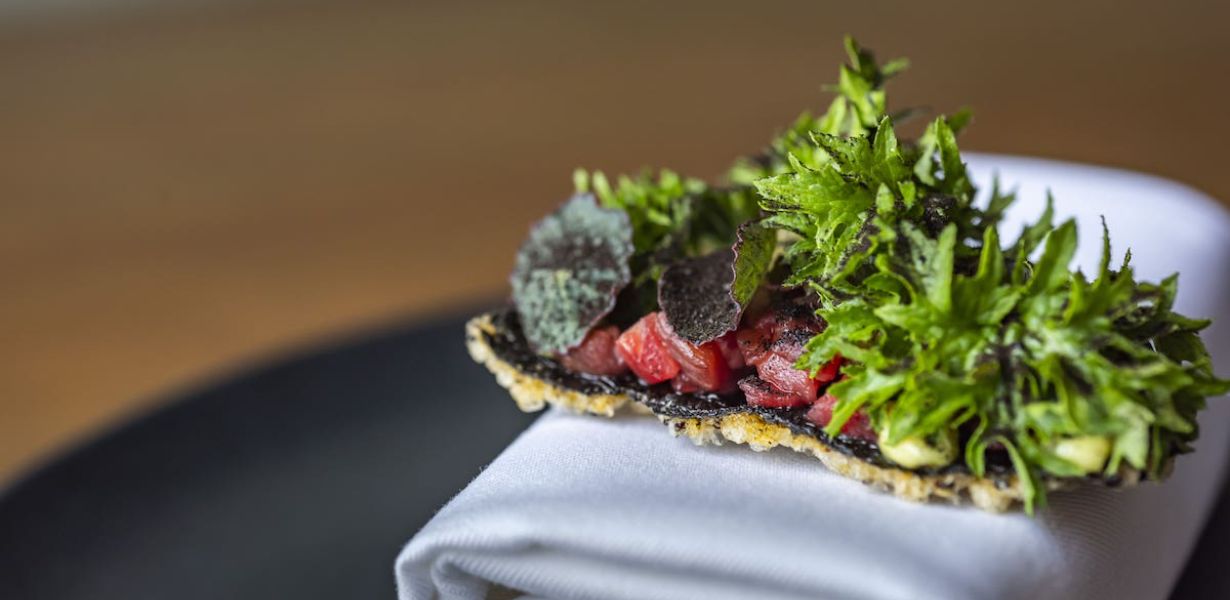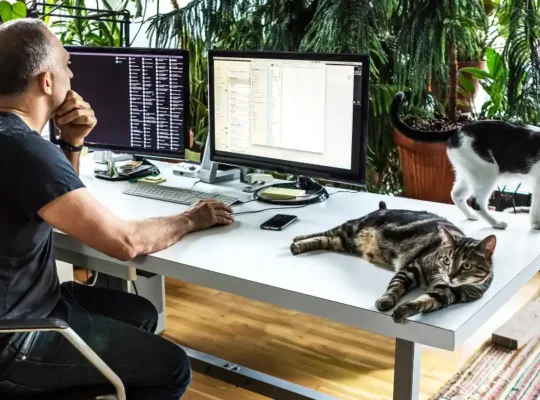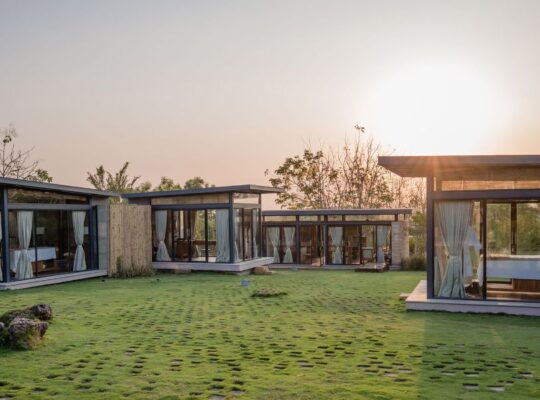In the ever-evolving landscape of fine dining, the intersection of technology and sustainability has birthed a new era – Green Gastronomy. Embracing this culinary revolution, restaurants worldwide are adopting innovative tech solutions to not only elevate the dining experience but also minimize their ecological footprint.
Embracing Sustainability in Fine Dining
Fine dining options are no longer just about exquisite tastes; they are a commitment to environmental responsibility. Sustainable practices are becoming integral, from sourcing locally to reducing food waste. Embracing these principles not only aligns with global initiatives but also resonates with the conscientious diner.
The Tech-Savvy Farm to Table Experience
Integrating Smart Agriculture
Fine dining establishments are leveraging smart agriculture technologies to ensure a seamless farm-to-table experience. This involves real-time monitoring of crop conditions, optimizing irrigation, and even using drones for precision farming. The result? Fresher, more sustainable ingredients.
Blockchain for Traceability
Tech takes transparency a step further with blockchain. By implementing this decentralized system, restaurants can trace the journey of each ingredient, from the farm to the plate. Diners now have access to detailed information, fostering trust in the origin and quality of their meals.
Innovations in Sustainable Kitchen Practices
Energy-Efficient Appliances
Fine dining kitchens are adopting state-of-the-art, energy-efficient appliances. From induction cooktops to smart ovens, these innovations not only reduce energy consumption but also contribute to a more sustainable kitchen ecosystem.
Waste Reduction Technologies
Addressing the issue of food waste, restaurants are turning to technology. Smart inventory management systems, composting solutions, and biodegradable packaging are helping minimize the environmental impact, making fine dining a responsible choice.
The Digital Dining Experience
Virtual Reality Dining
As technology advances, so does the dining experience. Virtual reality (VR) dining is emerging as a trend, allowing patrons to enjoy a multi-sensory experience. From immersive landscapes to interactive menus, VR adds a new layer to the fine dining adventure.
AI-Enhanced Personalization
Artificial Intelligence (AI) is not just limited to the kitchen; it's enhancing the overall dining experience. AI algorithms analyze customer preferences, enabling restaurants to tailor menus, recommend dishes, and create a personalized ambiance.
Navigating Challenges and Embracing Opportunities
Overcoming Initial Costs
While integrating sustainable tech comes with initial expenses, the long-term benefits are undeniable. Energy savings, reduced waste, and increased customer loyalty outweigh the upfront investment.
Adapting to Changing Tastes
As diners become more environmentally conscious, fine dining establishments must adapt. Embracing sustainable practices and communicating these efforts through tech-driven channels creates a compelling narrative.
Final Words
Green Gastronomy is not just a trend; it's a necessary evolution in the culinary world. By integrating technology and sustainability, fine dining establishments can create unforgettable experiences that resonate with both the palate and the planet.
Commonly Asked Questions
Q1. How does smart agriculture benefit fine dining?
Smart agriculture ensures the use of fresh, locally sourced ingredients, enhancing the overall quality and sustainability of fine dining.
Q2. What role does blockchain play in the dining experience?
Blockchain provides transparency, allowing diners to trace the origin of each ingredient, promoting trust and accountability in the food supply chain.
Q3. Can virtual reality dining replace traditional fine dining experiences?
Virtual reality dining is an innovative addition, but it complements rather than replaces traditional fine dining, offering a unique, immersive experience.
Q4. How can fine dining adapt to the increasing demand for sustainability?
Fine dining can adapt by integrating energy-efficient appliances, waste reduction technologies, and embracing sustainable sourcing practices, creating a responsible dining ecosystem.
Q5. Are the initial costs of adopting sustainable tech in fine dining justified?
Yes, the initial costs are justified by long-term benefits, including energy savings, reduced waste, and heightened customer loyalty, making it a worthwhile investment in the future of fine dining.












